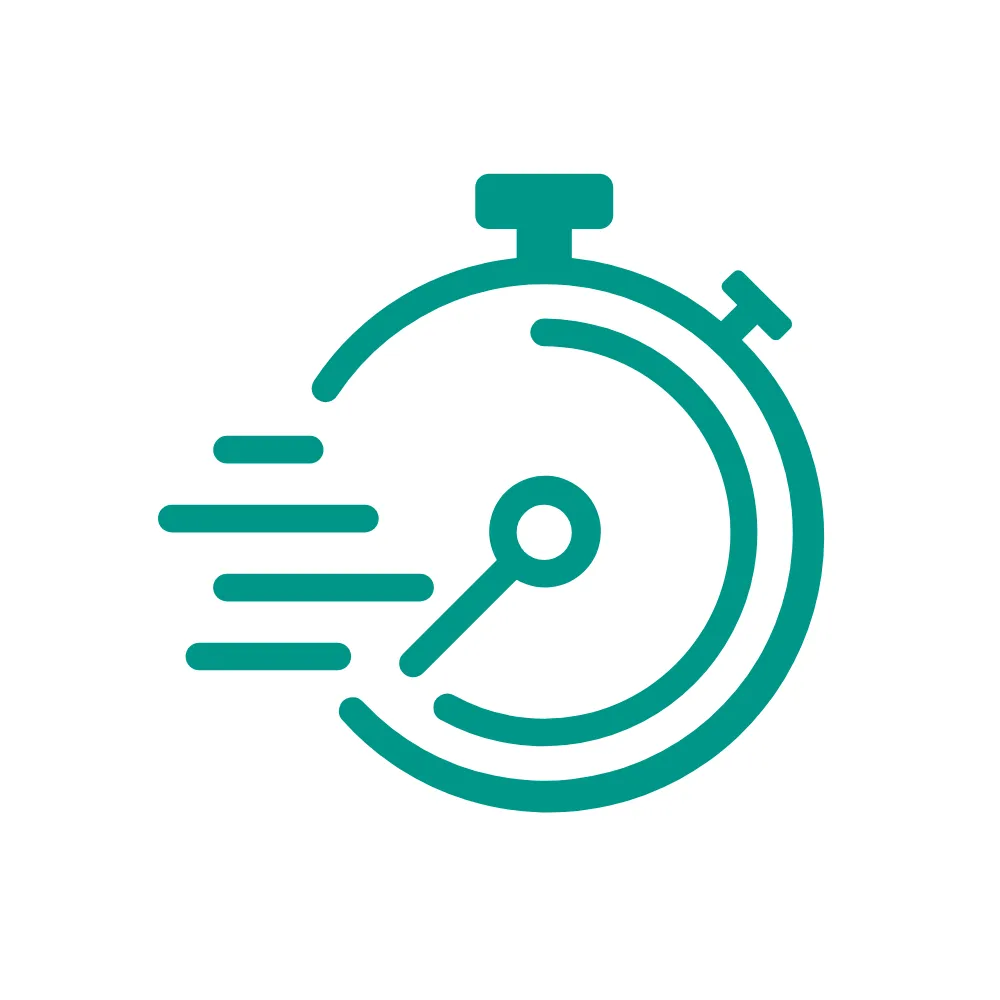Tests For Muscle cramps or spasms in Pune
A list of lab tests and other self-help tools for Muscle cramps or spasms in Pune
What is Muscle cramps or spasms
Muscle cramps or spasms are sudden, involuntary muscle contractions that cause pain and tightness.
List of Lab Tests For Muscle cramps or spasms
- CPK Test
- Potassium Test
- Calcium
- Magnesium Test
- Phosphorus Test
- CBC-Complete Blood Count
- Thyroid Profile | T4,T4,TSH
- Liver Function Tests (LFTs)
- Electrolyte Panel
- Vitamin D Test
How will these tests help?
The group of tests will help us understand why you are experiencing muscle cramps and spasms. The first group of tests - Creatine Kinase (CK) Test, Potassium Test, Calcium Test, Magnesium Test, Phosphorus Test, Complete Blood Count (CBC), and Electrolyte Panel - will help us determine if any electrolyte imbalances are causing your cramping or twitching
The second group of tests - Thyroid Stimulating Hormone (TSH), Liver Function Tests (LFTs), and Vitamin D Test - will help us determine if any other underlying medical conditions could be causing your muscle spasms. By conducting these tests, we will be able to get a better understanding of what is causing your muscle cramps and spasms so that we can develop a treatment plan that best meets your needs.
Book Tests for Muscle cramps or spasms in Pune
Pathofast offers Tests for Muscle cramps or spasms at our center in Manisha Terrace, Moledina Road, Pune, Camp, India
Our lab in Pune, is known for its exceptional hygiene, polite staff and quick reports
Our Pune Center, is located close to the railway station and the Swargate Central Bus Depot, as well as the new Metro Lines
Please choose an option below to proceed with your booking:
Self Test for Muscle cramps or spasms
Answer the following 3 questions to know whether you should get yourself investigated further



Result :
List of symptoms associated with Muscle cramps or spasms
-
 Pain
Pain
Muscle cramps and spasms can cause pain in the affected area. The pain may be either a dull ache or a sharp, stabbing sensation, depending on the severity of the cramp or spasm.
-
 Tenderness
Tenderness
The affected muscle may be tender to the touch if you have muscle cramps or spasms. This means that when you press on the muscle, it will be more sensitive and cause discomfort.
-
 Twitching
Twitching
Another sign that you may have muscle cramps or spasms is if the muscle twitches involuntarily. This could cause the muscle to contract and relax repeatedly or in a jerky motion.
List of home remedies for Muscle cramps or spasms
Try these at home, only after consulting your doctor
-
 Stretching
Stretching
Stretching can help to reduce muscle cramps or spasms by increasing flexibility and circulation. Regularly stretching the affected muscle can help reduce the intensity and frequency of muscle cramps.
grade -
 Hydration
Hydration
Ensuring adequate hydration is important to reduce muscle cramps or spasms. Adequate hydration helps to keep the muscles and tissues flexible and can help prevent muscle cramps.
grade -
 Heat or Ice
Heat or Ice
Applying heat or cold to the affected muscle can help to reduce muscle cramps or spasms. Heat can help to relax the muscles while cold can help to reduce inflammation.
grade



